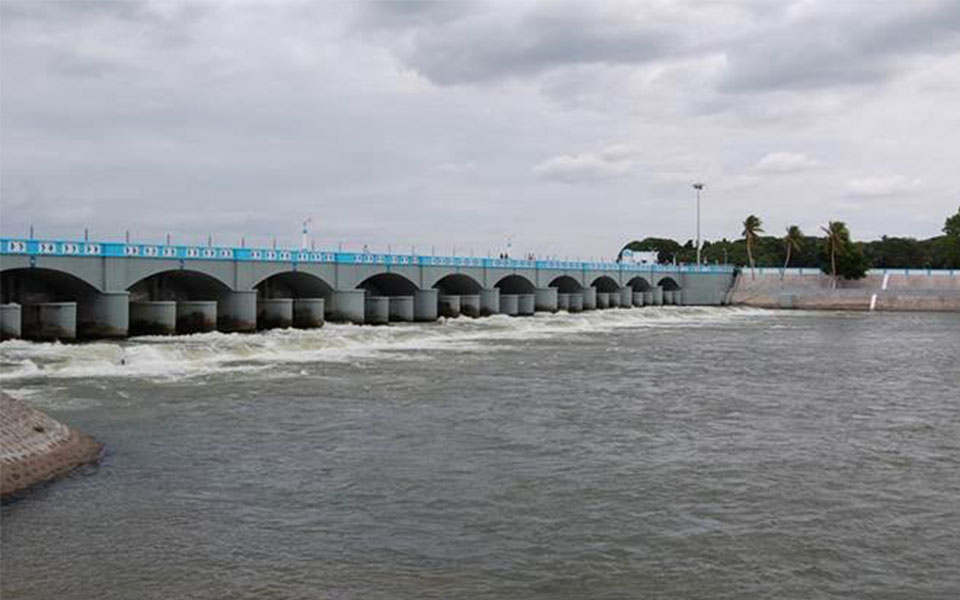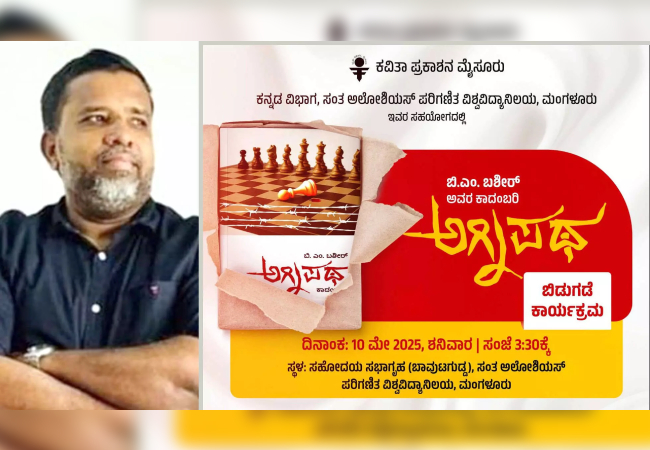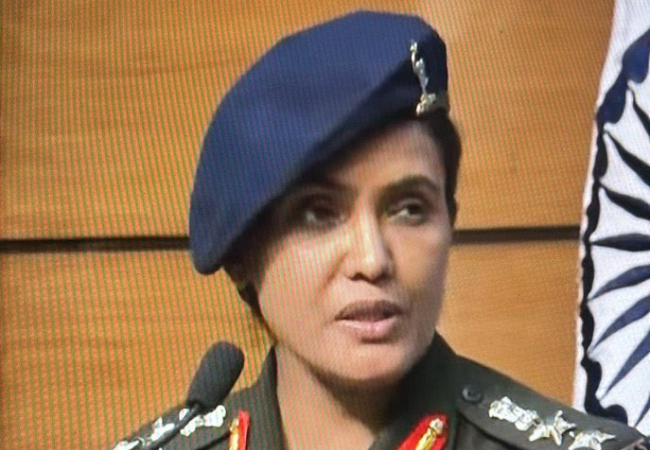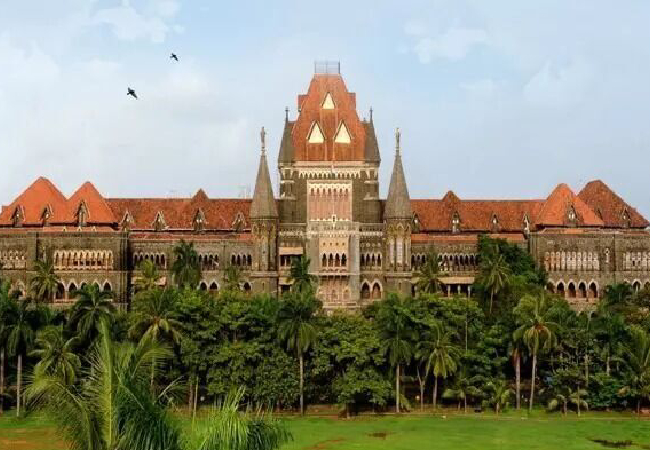Chennai, May 14: Even as Tamil Nadu government said that it would first study the Cauvery Draft Water Management Scheme submitted by the Centre in the Supreme Court on Monday, major state parties voiced opposition to the scheme.
Speaking to reporters in Madurai, Deputy Chief Minister O. Panneerselvam said that the state government would first study the draft scheme and then decide on the next course of action.
The Minister for Law, Courts and Prisons, C.Ve.Shanmugam told reporters that the state will submit its views on the scheme to the apex court on May 16.
On the other hand, major Tamil Nadu opposition parties voiced serious concern.
PMK founder S. Ramadoss said the draft scheme does not involve the power to implement the award of the Cauvery Water Dispute Tribunal.
Ramadoss said the proposed body is "powerless and cannot implement the Tribunal's award".
Wondering who would implement the tribunal's award, the PMK leader said that dams built across the Cauvery in Karnataka will be under the control of that state, in which case that state's government will not abide by the decisions of the proposed body.
He said that the Centre's proposal brings back the water dispute to the starting point all over again.
Ramadoss demanded that the Tamil Nadu government oppose the Centre's proposal on the Cauvery water sharing body.
DMK leader M.K. Stalin urged the Tamil Nadu government to call for an all-party meeting on Tuesday to discuss the setting up of the Cauvery Management Board (CMB) and arming it with legal power.
Stalin said that representatives of farmer associations should also be a party to the meeting.
The DMK leader raised concerns over when the Centre would fully implement the scheme, adding that it was Tamil Nadu government's responsibility to stress that it would not accept anything other than the CMB.
Stalin said the AIADMK government should call the meeting and stress its stand in the apex court on Wednesday, when it, along with other three southern states, has been called to submit response on the scheme.
Let the Truth be known. If you read VB and like VB, please be a VB Supporter and Help us deliver the Truth to one and all.
Mangaluru: Senior journalist, storyteller, and news editor of Vartha Bharati, B.M. Basheer, will release his new book titled Agnipath on Saturday, May 10, at a special event to be held in Mangaluru.
The book release programme is being jointly organised by Kavita Prakashan, Mysore, and the Kannada Department of St Aloysius Deemed University. It will take place at 3:30 pm at the Sahodaya Auditorium of the university campus near Bavutagudde.
The book Agnipath, published by Kavita Prakashan Mysore, will be released by noted thinker and columnist Shivasundar. Senior writer Vasudeva Belle will introduce the work to the audience.
The event will be presided over by renowned author Chandrakala Nandavar. St Aloysius Deemed University Vice Chancellor Rev. Dr. Praveen Martis and Ganesh Amingad from Kavita Prakashan are expected to attend the function, as per the official announcement.





